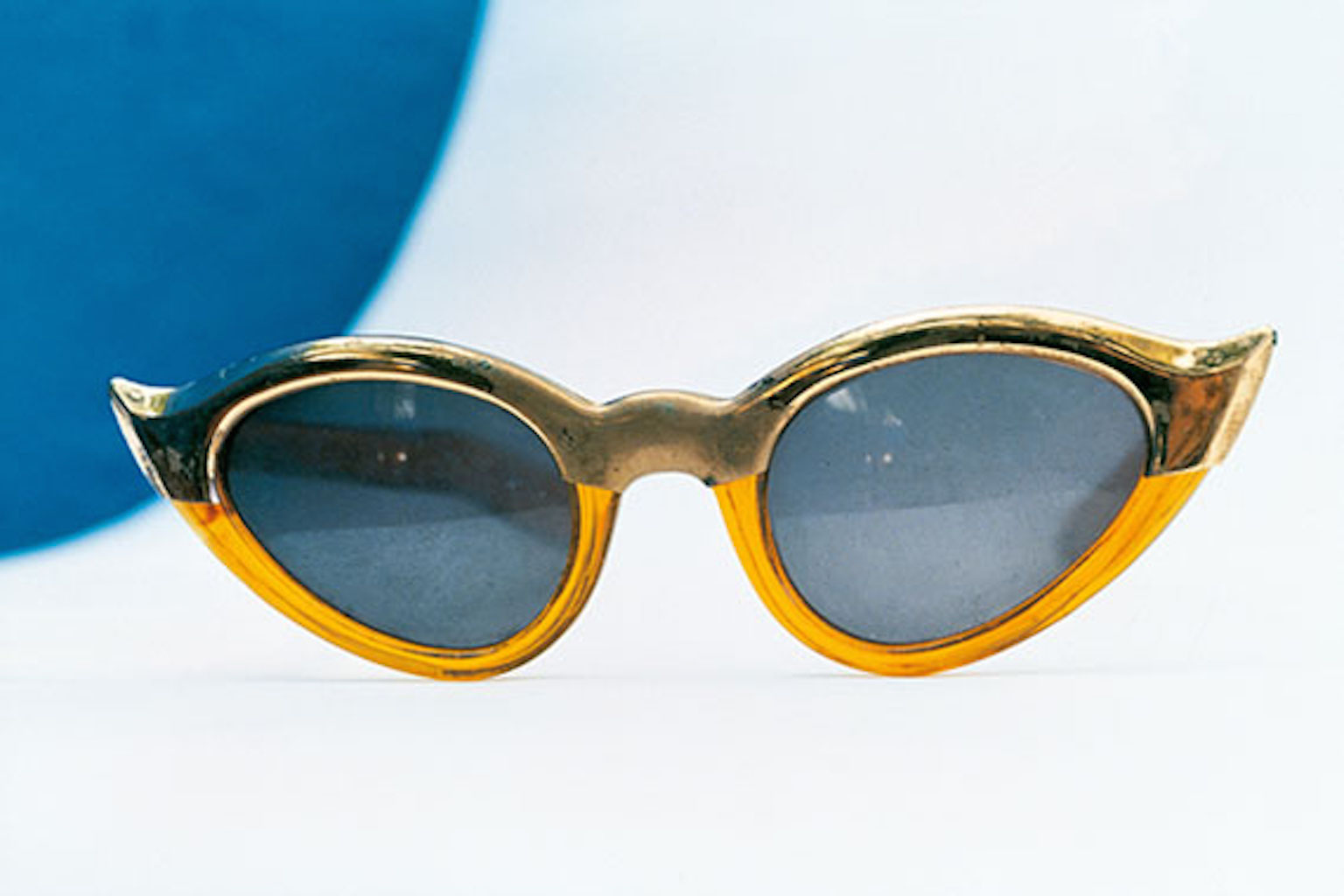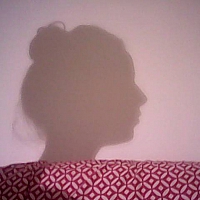
© Ishiuchi Miyako / Michael Hoppen Gallery
Expositions du 14/5/2015 au 12/7/2015 Terminé
Michael Hoppen Gallery 3 Jubilee Place SW3 3TD London Royaume-Uni
Ishiuchi Miyako (b. 1947) is a celebrated Japanese photographer known for her poignant images confronting trauma in post war Japan. Her personal projects include Yokosuka Story, Apartment, Endless night, Mother's and Silken Dreams.Michael Hoppen Gallery 3 Jubilee Place SW3 3TD London Royaume-Uni
In 2005, she represented Japan at the Venice Biennale. In 2009, she received the 50th Mainichi Art Award and was invited to participate in the Third ICP Triennal in New York. Her Hiroshima series was exhibited at the Museum of Anthropology in Vancouver, Canada, from 2011 to 2012. In March 2014, she received the prestigious Hasselblad Haward. Her solo exhibition titled ' Postwar Shadows' opens at the Getty Museum in Los Angeles in October this year.
.jpg)
© Ishiuchi Miyako / Michael Hoppen Gallery
.jpg)
© Ishiuchi Miyako / Michael Hoppen Gallery
Frida by Ishiuchi Miyako (2013) is a photographic record of Mexican artist Frida Kahlo’s wardrobe and belongings. Following Kahlo’s death in 1954 her husband Diego Riviera began placing her personal effects into the bathroom of their Mexico City house, “The Blue House”, which later became the Museo Frida Kahlo. Riviera gave instructions that this room should remain sealed until fifteen years after his death and it in fact remained unopened until 2004 when the museum decided to organise and catalogue the contents. Ishiuchi Miyako was invited to photograph these artefacts, over 300 unseen relics of Kahlo’s life.
.jpg)
© Ishiuchi Miyako / Michael Hoppen Gallery
As a project Frida is both a departure from Ishiuchi Miyako’s normal practice and a natural conceptual progression. While moving away from the Japanese subject matter of her earlier series, the work reveals Ishiuchi Miyako’s continued obsession with the traces we leave behind both as individuals and as a society. In her earlier series, Mother’s (2000-2005) and ひろしま/ Hiroshima (2007-), she photographed previously worn garments, evoking the lives and memories of the people who wore them as well as the social climate of post-war Japan. In documenting Frida, Ishiuchi Miyako again respectfully sifts through the ephemera left behind by an individual and in doing so makes intimate revelations about one of the twentieth century’s greatest artists.


